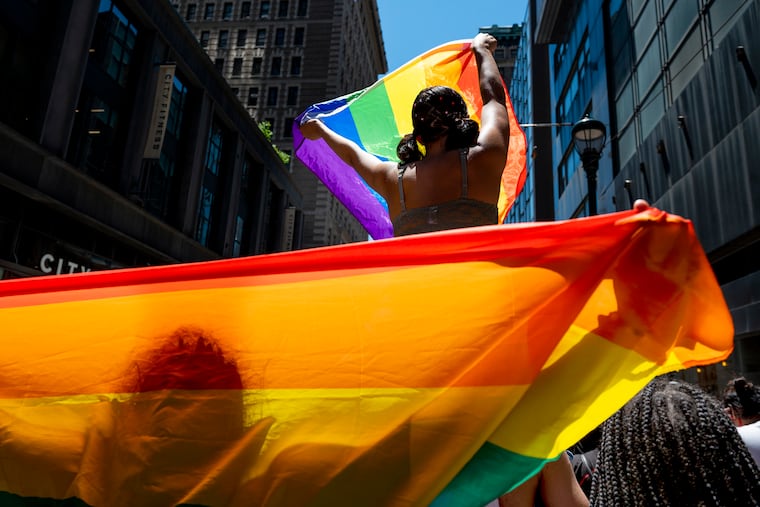I let homophobia reign at my church. I’m deeply sorry.
I didn’t know that by upholding our church’s homophobia, I was also doing harm to myself, as a closeted queer man.

For many LGBTQ people, there’s no more dangerous place than a church. Religious faith has been linked to suicidality in young lesbian, gay, and questioning adults.
My church, Circle of Hope, was not always as welcoming a place for LGBTQ people as it is today. I knew this, even when I was a 21-year-old volunteer leader. I knew that our denomination was not supportive of LGBTQ members, but I wanted to increase the number of members in our church. I didn’t know that by including LGBTQ folks, I was putting them in harm’s way. I didn’t know that by upholding our church’s homophobia, I was also doing harm to myself, as a closeted queer man.
For several months in 2008, I welcomed a few gay men into our cell, a circle of 10 that meets weekly in homes. They were happy to participate, insightful, and longing for community. But they soon bumped into the limits of our church. Someone on our email listserv asked if Circle of Hope was included on a website that listed LGBTQ-friendly churches — and whether it should be. There was always a series of excuses as to why it wasn’t, but ultimately, our leaders were obfuscating the truth. I recall one of the leaders saying he was deliberately trying to confuse someone seeking a clear answer.
Up until this point, the extent of Circle of Hope’s approach was simply to not have a position. The lack of clarity was disingenuous because when it came to including LGBTQ people, we had plain limitations. Like many other evangelical churches, we wouldn’t include LGBTQ people in membership if they weren’t celibate. Which was its own position, in a way.
We lost members in the process, and the harm we caused — and I caused — was significant. Our approach had failed. We weren’t finding a creative path between poles; we had simply sided against LGBTQ folks and refused to admit it.
We finally changed policies in 2014, after a local reporter wrote a piece about our church, including commentary from ousted gay members. Faced with the harm we caused, and hearing from eager members ready to take a stand, we drafted a new statement on marriage that included a clause that allowed for relationships between couples of the same sex.
As the years went on, based on the stories and experiences of LGBTQ folks among us, we regularly updated our teachings to be more inclusive, including affirmation of transgender folks. We are now committed to listening to the voices of the most affected and submitting ourselves to their leadership.
» READ MORE: I’m a gay Catholic. I can’t tell if the church thinks that’s OK.
It breaks my heart to think of the harm I caused. I excluded LGBTQ people from our fellowship, avoided their questions, and obfuscated the truth. And I did so at my own expense. The homophobia I purveyed crept into my own life. My actions in the church prevented me from coming out as bisexual and demisexual, meaning that I only experience sexual attraction to someone after developing a close emotional bond with them.
“The homophobia I purveyed crept into my own life.”
I have reached out and tried to repent to those I hurt, and I will continue to do so. As I see Christians wrestle with taking a side, I encourage them to do so. We must be straightforward about what we believe. If we feel shame about our beliefs, may that be a lesson for us that perhaps they are indeed shameful.
Christian leaders need to listen to LGBTQ folks and interpret the scriptures and tradition in light of their experiences.
Jonny Rashid has been pastor of Circle of Hope in Philadelphia for more than 10 years. He is an abolitionist and a housing activist. He is an avid cook, who blogs at jonnyrashid.com, and hosts Circle of Hope’s “Resist and Restore” podcast. He studied journalism, education, and history at Temple University and completed his master’s of divinity at Palmer Theological Seminary. This essay is adapted from his book “Jesus Takes A Side,” which is out now through Herald Press.